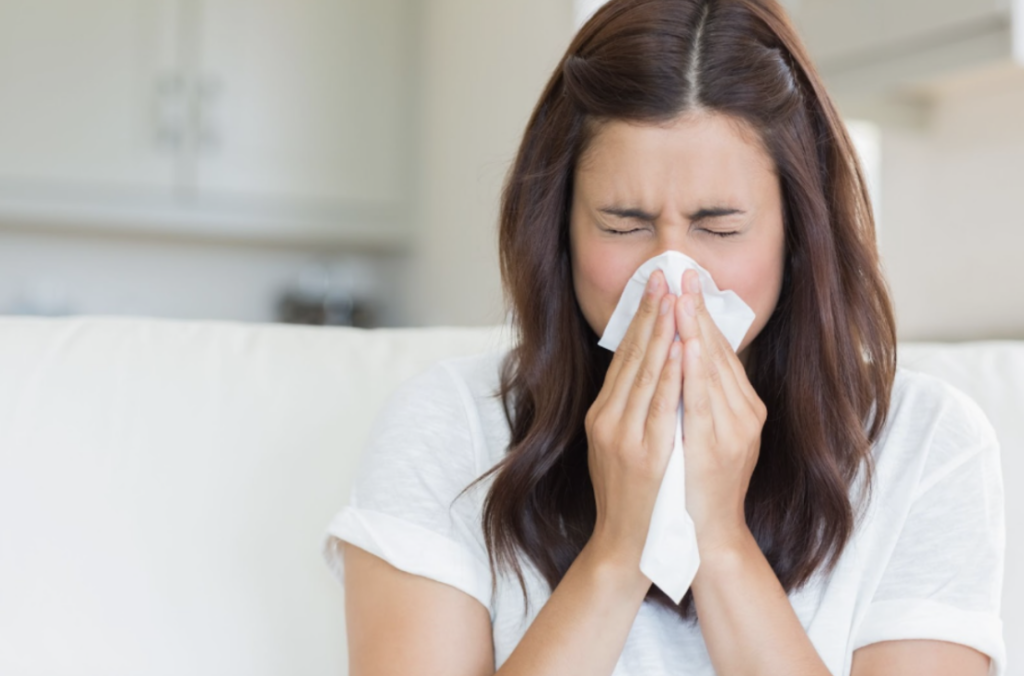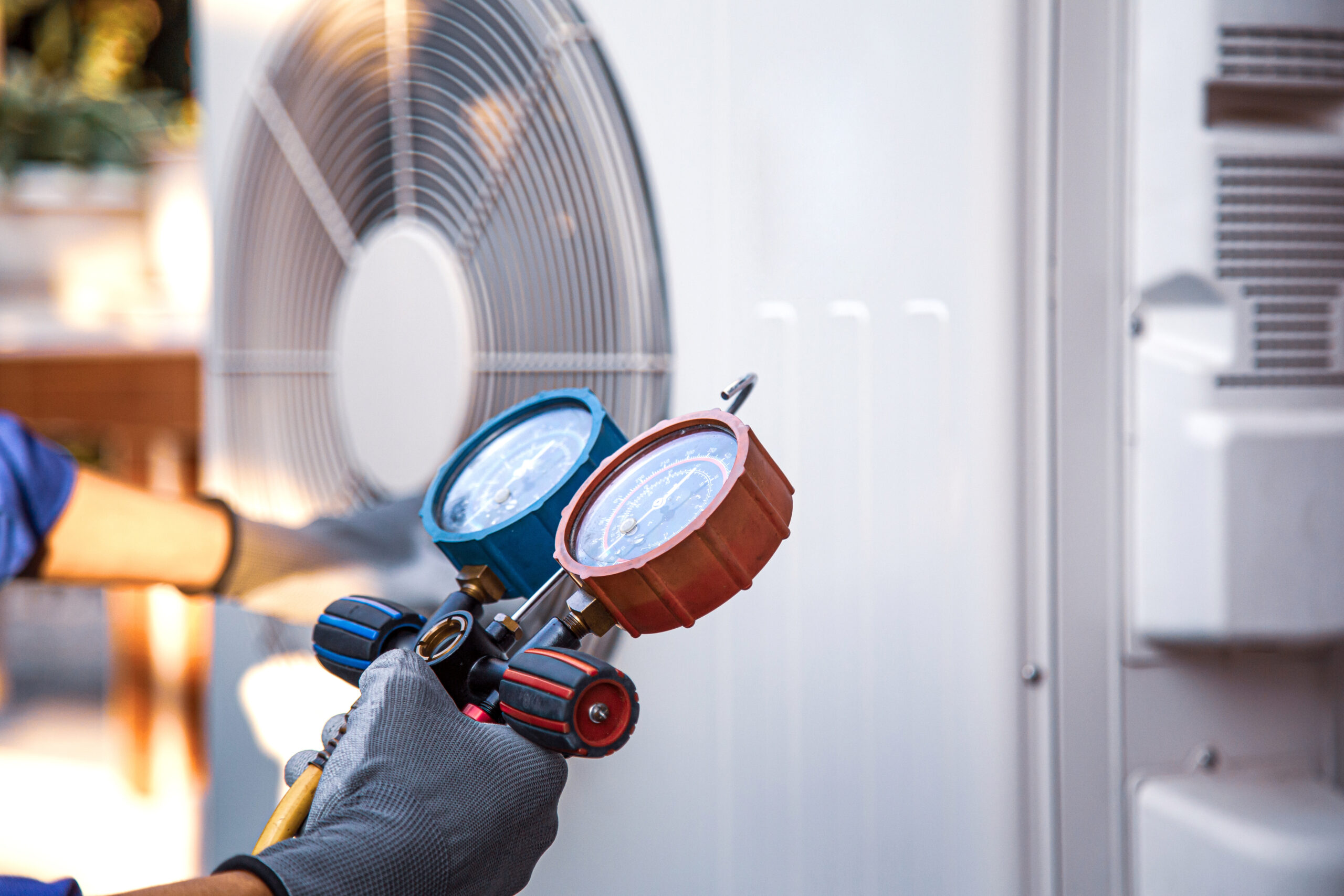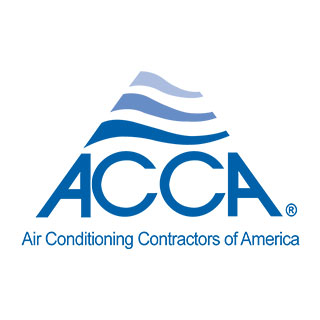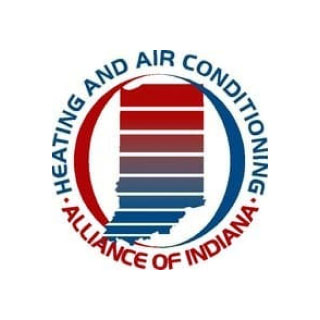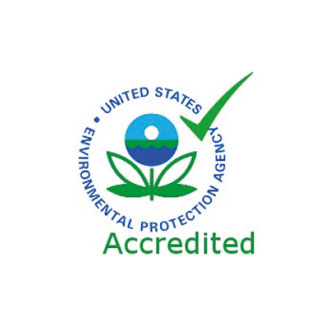If you’re tired of sneezing, sniffling, and coughing, your problem may have more to do with your home than you realize. Those are all symptoms of allergies and asthma, both of which may be aggravated by the quality of your home’s indoor air.
You probably know that air pollution can be a problem in your community. But did you realize that the air inside your home can also be polluted? It’s true! Dr. John McKeon of Allergy Standards Limited points out that the air in your home can be as much as two to five times more polluted than outdoor air. And, because most of us spend more time inside our houses than outside, it can have a greater effect on our health. The Asthma and Allergy Foundation of America says we spend about 90 percent of our time indoors and take about 20,000 breaths each day!
Nardco Heating and Air Conditioning explain how indoor air quality can affect seasonal allergies and how you can combat them by installing indoor air quality in your home.
Indoor Air Quality’s Effect on Seasonal Allergies
If you’re one of the people who is bothered by seasonal allergies such as hay fever, you know how frustrating it can be on a day when the air is filled with indoor allergens like pollen and mold. And if you or someone in your family deals with asthma, you know just how difficult it can be to catch your breath on days when the outdoor air quality is poor. Unfortunately, ducking inside may not be much of a solution, because most homes are filled with allergens.
For example, pet dander, dust mites, mold, and even cockroaches are all examples of common indoor allergens! If you struggle with allergies and have a dog or cat, you probably know that pet dander is an irritant. But so is their saliva, and urine, which can collect on your walls, furniture, and flooring. Dust mites are microscopic creatures that thrive on your bedding and carpets. They can also exacerbate allergies, and even though you may not be able to see them, your nose knows they’re there.
Mold is another common irritant, and it can show up all over your house. That mildew on the shower curtain is a form of mold. So are those dark areas that sometimes appear in corners or along baseboards in basements. Do you love houseplants? Did you realize overwatered plants are a common source of household mold? You see, mold thrives on moisture. Rub against it, and you help spread it by sending spores through the air. And cockroaches pick up all these substances and spread them throughout your house, causing issues for allergy sufferers.
Other Sources That Can Cause Poor Indoor Air Quality
Beyond those common allergens, there’s a wide variety of other sources that can contribute to poor indoor air quality (IAQ). Scented candles, fireplaces, smoking, and even gas from under the ground called radon can affect your health. Plastics and some paints add to the mix by gradually releasing what are known as volatile organic compounds (VOCs) that may even be toxic.
The point is, you may think your house is safe, but the air that’s flowing through your home probably isn’t as clean as you think it is. That’s when you need to start taking steps to improve your IAQ. Regularly washing bedding can limit the spread of dust mites. Cleaning your house regularly may remove allergens (but be careful to use chemicals that don’t aggravate the situation). Eliminating or addressing sources of moisture like leaky faucets can keep mold under control.
Contact Nardco for Indoor Air Quality Solutions
Sometimes, though, you need more aggressive measures to improve indoor air quality to reduce allergy symptoms and other health issues caused by poor indoor air quality. That’s when the Nardco Heating and Air Conditioning team can help. We can recommend a wide variety of indoor air quality (IAQ) systems from top-quality filtration, to whole-house humidification, to UV air purifiers and air cleaners that can be installed in your heating and cooling system.
These systems can dramatically reduce the allergens and other contaminants in your house so you can breathe easier and live healthier! Contact us today to schedule an appointment to reduce indoor air pollution in your home.
